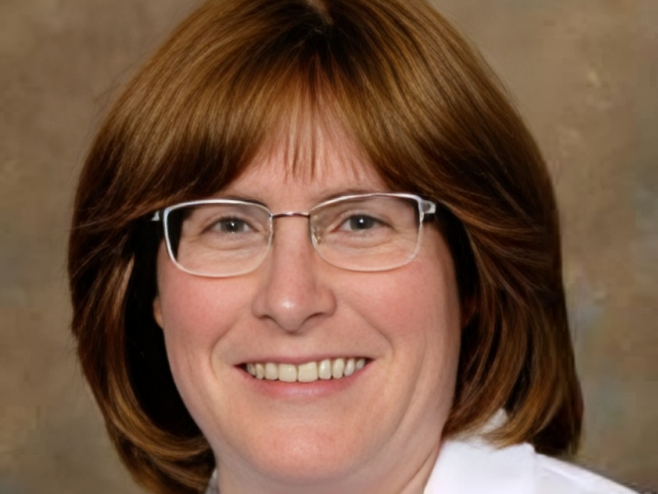Michelle Kirschner, OneVillage, shared a post on LinkedIn:
“As a clinician with previous experience in interventional pulmonology, I’ve witnessed firsthand the profound anxiety individuals face while waiting for scan and biopsy results that could indicate cancer.
Research shows that the stress of waiting can sometimes be worse than receiving a bad diagnosis.
The uncertainty and lack of control during this period can be overwhelming.
In my mission to promote “precision supportive care,” I see a crucial opportunity for healthcare centers to support patients during these challenging times.
Clinics conducting these tests should take responsibility for providing resources to help reduce anxiety.
At my cancer center, I collaborated with a psychologist to create a series of short videos offering helpful advice and breathing exercises.
The American Cancer Society (ACS) helpline is a recommended resource for those experiencing anxiety but the goal should always be to provide immediate support rather than creating additional steps for patients to get help.
Here are some ways we can support those awaiting screening and biopsy results:
- Teach them about controlling the controllables: Encourage patients to use the waiting period to gather information from reliable sources and prepare for all possible outcomes.
- Provide reassurance and support: Let patients know we are here for them and understand their need for support. Having an advocate or ally can make a significant psychological difference.
- Offer practical suggestions: Encourage activities like moving their body, spending time with loved ones, engaging in enjoyable activities, and practicing mindfulness and breathing exercises.
- Healthcare systems should strive to reduce uncertainty as much as possible. Ensure patients know the plan, have access to a navigator or staff member for questions, and are educated about the likelihood of a cancer diagnosis after screening, such as with mammography.
- In precision supportive care, it’s also vital to consider how a person’s life experiences affect their ability to cope with stress.
While some may not need support, identifying those with abnormal or insufficient coping mechanisms is crucial. For example, avoidance, often stemming from childhood stressors, can lead to missed follow-up imaging or appointments. Addressing this issue should be a top priority for screening programs, as timely support can mean the difference between an early or late diagnosis, impacting the potential for curative treatment.”
Source: Michelle Kirschner/LinkedIn
Michelle Kirschner is the Clinical Lead and Medical Advisory Board Chairman at OneVillage. She also serves as the Director of Program Development at The Cancer Survivorship Provider Network. She specializes in cancer rehabilitation and is developing cardio-oncology programs and advanced cognitive assessments.
Kirschner also speaks to healthcare practitioners and cancer support communities on survivorship care plans and fatigue treatment.
